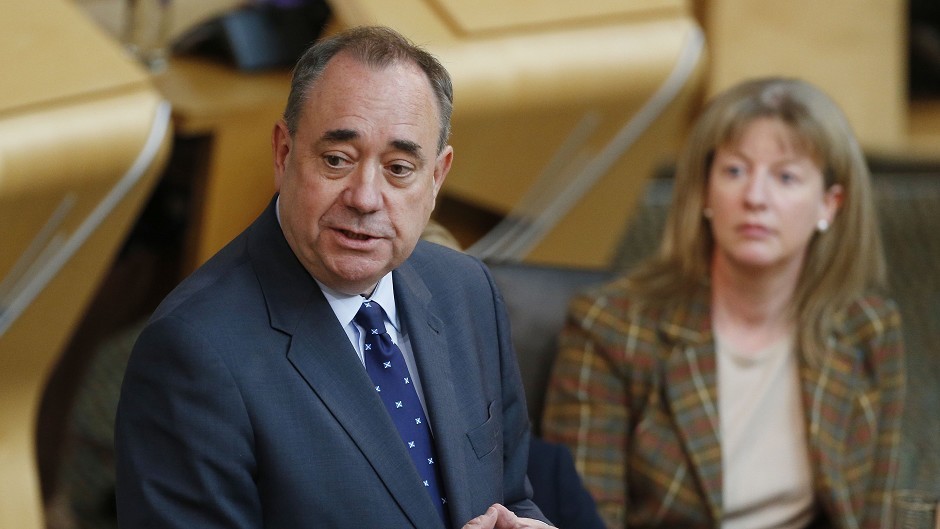Alex Salmond’s controversial plan to ban councils from chasing people who refuse to pay their poll tax could be challenged in the courts.
The revelation follows growing disquiet that legislation to prevent local authorities chasing community charge debts would result in £425million being written off.
The first minister sparked uproar when he suddenly announced he will put a stop to the collection of poll tax debs 25-years or older.
The move came as it emerged that Aberdeenshire Council was using the new updated electoral register – at a record high due to the independence referendum – to track down defaulters.
But the idea of retrospective legislation has been condemned as “undemocratic”.
Eben Wilson, director of the pressure groups TaxpayerScotland, said he was “looking into whether a legal challenge against this move will be possible”.
A statesmanlike first minister would have recognised the difference between “can’t pay” and “won’t pay” and reminded non-payers of their “democratic contract implicit in their registration to vote”, mainly that the rule of law matters,” he said
“He should have said the state recognises the people’s right to protest by marching against any tax, but the state does not take U-turns without parliamentary procedure,” Mr Wilson said.
“He should then have declared as a matter of public policy that parliament, as the representatives enabled by taxation, would discuss the rules regarding historic tax payments.”
However, at this stage it seems unlikely that Scotland’s 32-local authorities will resort to the courts.
A spokesman for the local authority group Cosla said: “What we want to do in the first instance is have a meeting with government.
“As a partner of ours it would be the right thing before threatening any legal challenge.”
Margaret Thatcher hoisted the community change on Scotland first in 1989 to replace the old domestic rates system. The charge led to riots, protests and a widespread campaign of non-payments that led to its removal in 1993.
